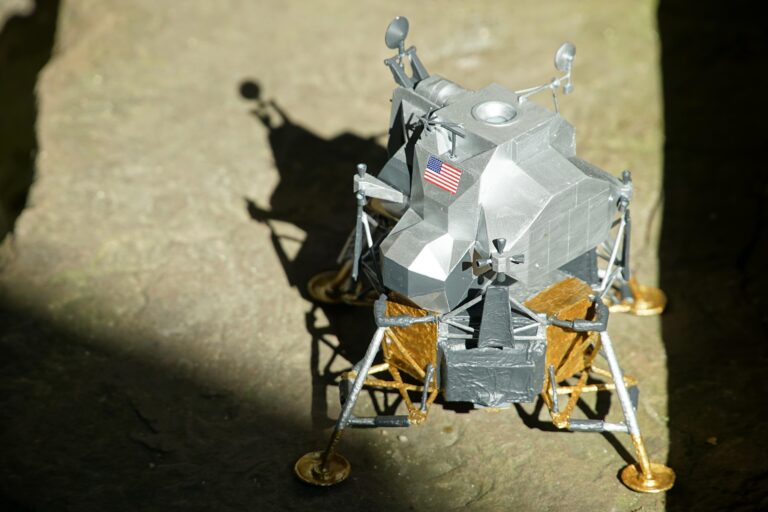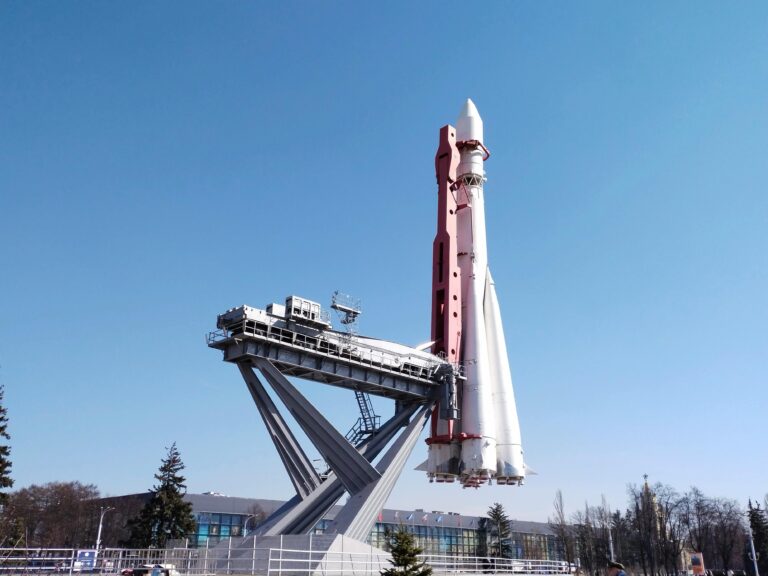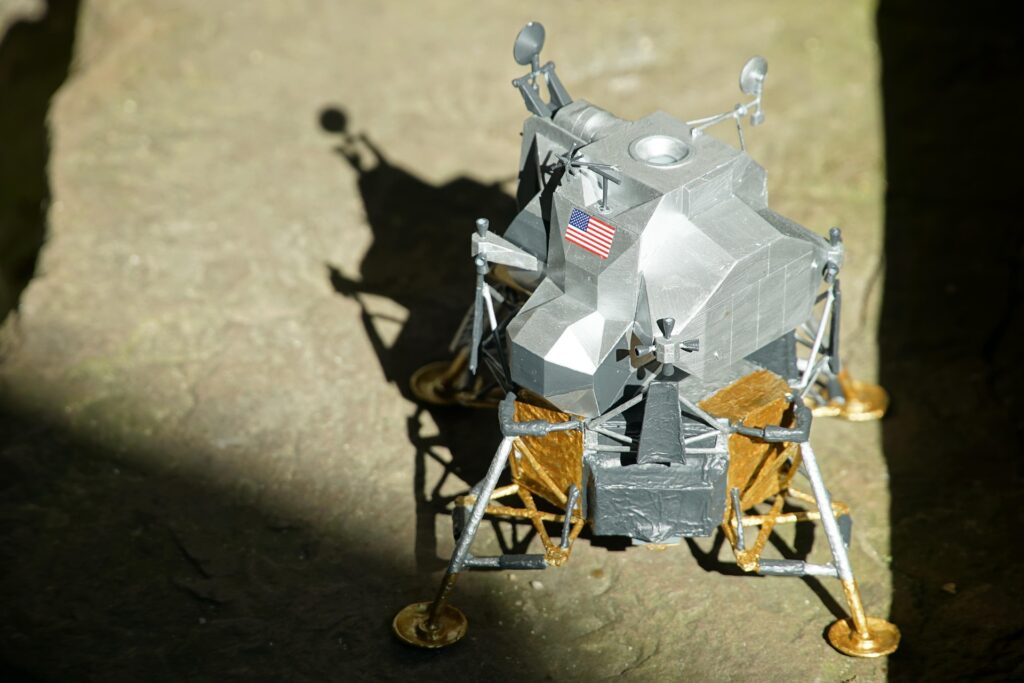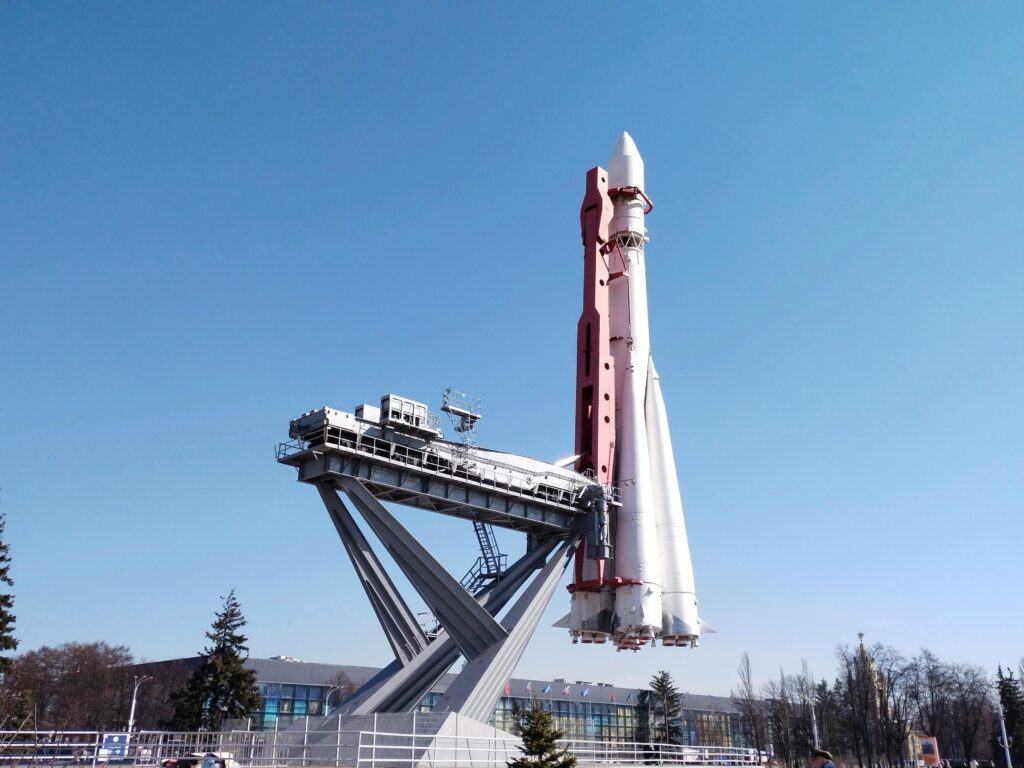Japan’s premier research institute, RIKEN, is deploying two new supercomputers powered by a total of 2,140 NVIDIA Blackwell GPUs, creating one of the world’s most powerful platforms for AI-driven science and quantum computing exploration.
This massive investment, centered on the new NVIDIA GB200 NVL4 systems, is a cornerstone of Japan’s sovereign AI strategy, aiming to secure domestic leadership in fields from life sciences to next-generation computing.
The collaboration, announced by NVIDIA, represents a significant deepening of the partnership between the tech giant and Japan’s flagship research institution. The first supercomputer, dedicated to AI for science, will be a behemoth equipped with 1,600 NVIDIA Blackwell GPUs.
These processors will be delivered in the dense GB200 NVL4 platform and linked together by ultra-fast NVIDIA Quantum-X800 InfiniBand networking. This system is designed to turbocharge research in critical areas including drug discovery, climate modeling, materials science, and automated laboratory processes, reported NVIDIA.
A second, specialized system will focus entirely on the burgeoning field of quantum computing. While not a quantum computer itself, this machine will feature 540 NVIDIA Blackwell GPUs to simulate and develop quantum algorithms, hybrid quantum-classical computing methods, and other foundational software. By providing immense classical computing power, it will help researchers bridge the gap to a future where practical quantum computers are a reality.
READ ALSO: https://www.modernmechanics24.com/post/hidden-sense-found-in-humans-shorebirds-sandpipers
“RIKEN has long been one of the world’s great scientific institutions, and today it stands at the forefront of a new era in computing,” said Ian Buck, vice president of hyperscale and high-performance computing (HPC) at NVIDIA.
He emphasized that the partnership is helping Japan “build the foundation for sovereign innovation that will drive breakthroughs to solve the world’s most complex scientific and industrial challenges.”
The strategic importance of these systems extends beyond their immediate computational firepower. They will also serve as “proxy machines” for designing and testing technologies for an even more ambitious project: the successor to RIKEN’s famed Fugaku supercomputer, currently under development with the code name FugakuNEXT. This future exascale system is a joint effort between NVIDIA and Fujitsu, and is planned to feature a new type of CPU called FUJITSU-MONAKA-X.
WATCH ALSO: https://www.modernmechanics24.com/post/mono-rail-arunachal-army-innovation-16000ft
A key innovation for FugakuNEXT will be the use of NVIDIA NVLink™ Fusion, a new silicon technology that creates a high-bandwidth connection between Fujitsu’s CPUs and NVIDIA’s GPU architecture. This tight integration is expected to be a game-changer, potentially delivering a staggering 100x greater application performance compared to supercomputers relying solely on CPUs or other existing technologies.
“Integrating the NVIDIA GB200 NVL4 accelerated computing platform with our next-generation supercomputers represents a pivotal advancement for Japan’s science infrastructure,” said Satoshi Matsuoka, director of the RIKEN Center for Computational Science.
He confirmed that the partnership will create “one of the world’s leading unified platforms for AI, quantum and high-performance computing,” accelerating discoveries that benefit both science and industry.
The software powering these advancements is equally critical. NVIDIA is already working with RIKEN to develop specialized floating-point emulation software that allows traditional scientific applications to harness the full speed of NVIDIA Tensor Core GPUs. Furthermore, RIKEN plans to leverage NVIDIA CUDA-X, a collection of over 400 optimized GPU-accelerated libraries, to supercharge its cutting-edge research software. This comprehensive hardware-and-software approach ensures Japanese researchers have the best possible tools.
READ ALSO: https://www.modernmechanics24.com/post/100-billion-star-milky-way-with-7m-cpu-cores
With the two new GB200-powered supercomputers scheduled to be operational by spring 2026 and FugakuNEXT targeted for 2030, Japan is systematically building a computational infrastructure designed to maintain its competitive edge for the next decade. This investment not only fuels scientific discovery but also strengthens the nation’s industrial and technological sovereignty in an AI-driven world.













